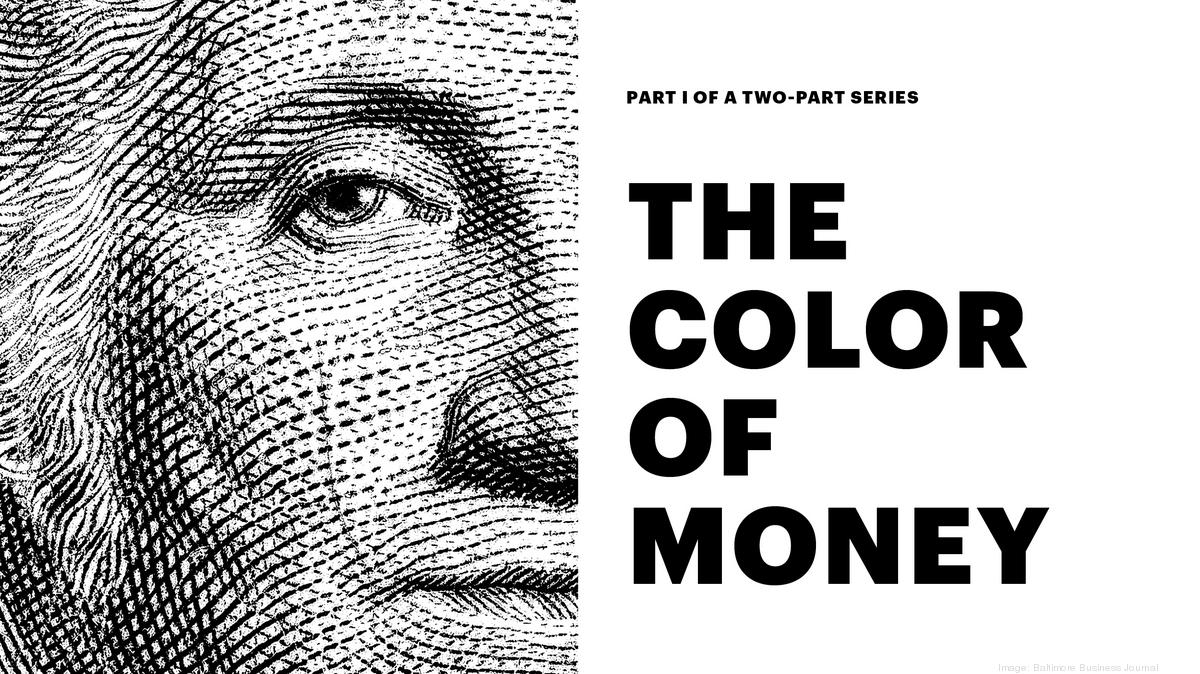


At The American Prospect, read Baradaran’s argument that the American ideals of justice (and peace) for all cannot be realized until America’s racial wealth gap-in areas including housing, banking, and income-is conquered.Read Baradaran’s contribution to the New York Times special project on inequality, “The America We Need,” in which she destroys the neoliberal myth that profit incentives produce the best outcomes for society.Read a CNBC report on how The Color of Money inspired Netflix to bank Black.feature on public banking (such as postal banking, proposed in Baradaran’s How the Other Half Banks) as a solution for many American societal ills that disproportionately affect Black people On the NPR Planet Money series “The Indicator,” listen to Baradaran explain how in 1934 the Federal Housing Administration “created an American middle class, and they coded it as white&rduqo.At the Yahoo!Finance program The Ticker, watch Baradaran discuss why communities of color need capital to build capital.In a Bloomberg Businessweek report informed by discussion with Baradaran, read about rapper and activist Killer Mike’s longstanding support of the #BankBlack movement.Read Los Angeles Times coverage, informed by discussion with Baradaran, of the merger of Los Angeles’s Broadway Federal Bank and Washington, DC’s City First Bank to form the largest Black-led bank in the United States.Watch Baradaran’s conversation with CNBC’s Jon Fortt and Andrew Ross Sorkin on historic patterns of inequality in the United States-exclusionary zoning, redlining, racial covenants, and the structure of school funding-and what can be done to reduce inequality within one generation.Read a Wall Street Journal article, informed by discussion with Baradaran, on “the battle to keep Black banks alive”.


Read a Center of American Progress report by Danyelle Solomon, Mehrsa Baradaran, and Lily Roberts on how postal banking would address long-term structural inequity in the American economy.Watch Professor Baradaran and other experts at the Los Angeles Times Festival of Books (November 2020) panel discussion “What’s Next? The State of the American Economy”.At MarketWatch, read an in-depth interview with Mehrsa Baradaran on the origins of her research and why access and legal rights are not sufficient tools for reducing inequality in situations of entrenched economic hardship.


 0 kommentar(er)
0 kommentar(er)
